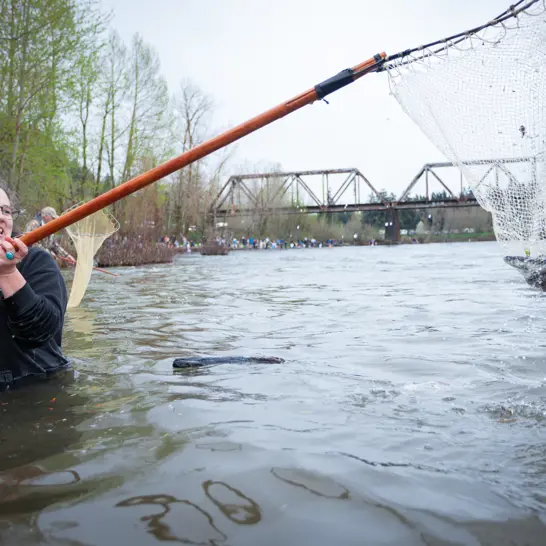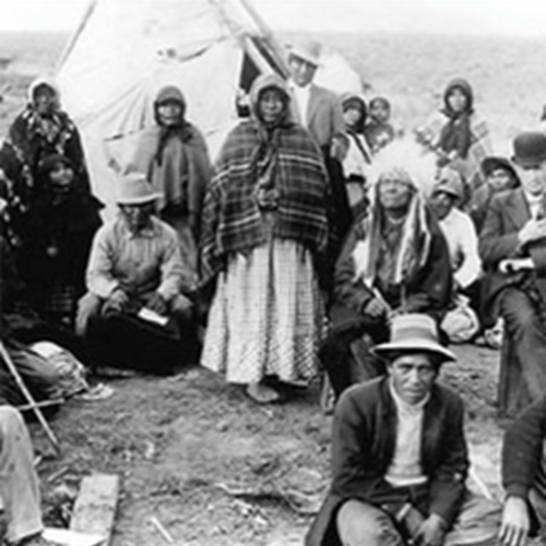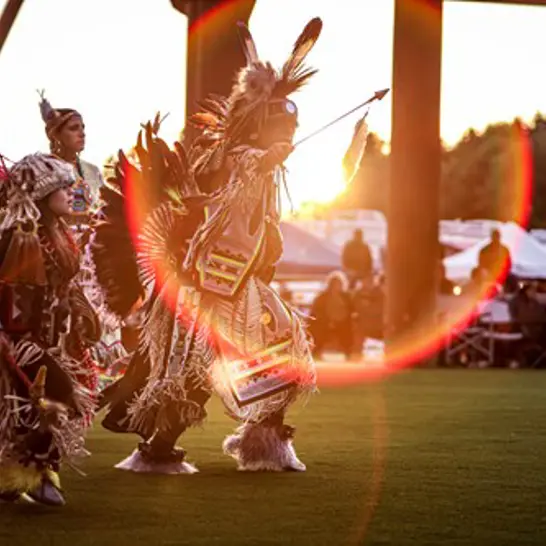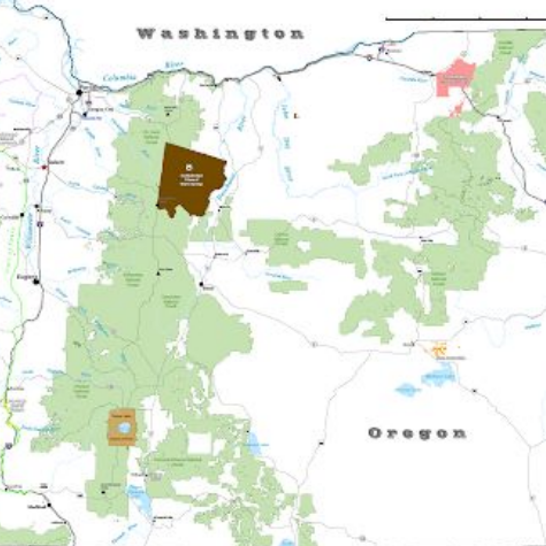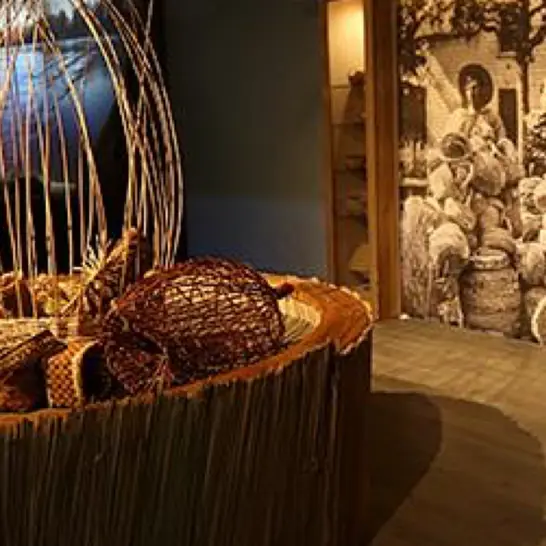Our Homelands
A Journey Through Ancestral Heritage
Discover the Tribes and Bands of the Confederated Tribes of Grand Ronde
The Confederated Tribes of Grand Ronde is made up of more than 30 tribes and bands that traditionally inhabited western Oregon, parts of Washington, and northern California. Key tribes and bands include:
- Kalapuya (various bands such as Tualatin, Yamhill, Santiam)
- Rogue River (including Takelma and Shasta)
- Molalla
- Umpqua (including Upper Umpqua and Cow Creek Umpqua)
- Chasta (often combined with Rogue River)
- Clackamas
- Tillamook
- Clatskanie
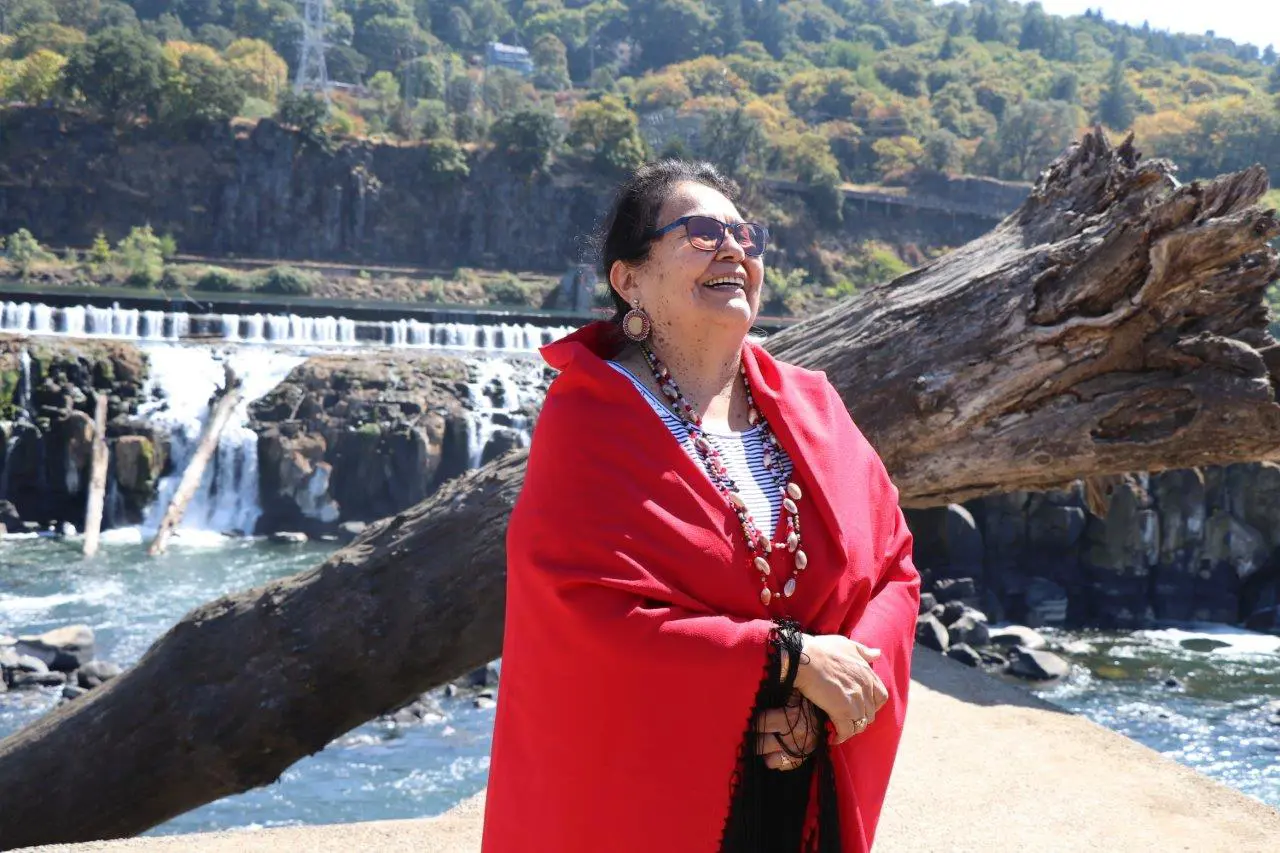
Maintaining our homelands
The Tribe remains active across its ancestral homelands, now centered on an 11,500-acre reservation in Yamhill County, western Oregon. Governed by a nine-member Tribal Council elected by the Tribe’s voting membership, the Tribe has approximately 5,400 enrolled members.
Each of our tribes and bands contributes unique traditions, languages, and practices to the Confederated Tribes of Grand Ronde’s cultural heritage, which the Lifeways program seeks to honor and preserve.
Coyote came to that place [around Oregon City] and found the people there very hungry. The river was full of salmon, but they had no way to spear them in the deep water. Coyote decided he would build a big waterfall, so that the salmon would come to the surface for spearing. Then he would build a fish trap there too.
Statement from the Confederated Tribes of Grand Ronde Tribal Council
Willamette Falls represents many things to the Confederated Tribes of Grand Ronde. The existence of Willamette Falls on the landscape represents the physical realization of our oral history and stories. Willamette Falls represents home – the home of our ancestors from the Charcowah village of the Clowewalla (Willamette band of Tumwaters) and the Kosh-huk-shix Village of Clackamas people. They are a portion of our homelands that were ceded to the United States Government in 1855 under the Willamette Valley Treaty (signed January 22, 1855 and ratified March 3, 1855) and where our ancestors were forcibly removed from to the Grand Ronde Reservation. The historical and cultural connection between the Grand Ronde Tribe and Willamette Falls is defined by our ties to this place persisting through generations through forced removal of our tribal members and our own termination by the United States Government.
There is a shared history of tribal connection to the area based upon the respect of a guest-host relationship. Our ancestors welcomed guests to Willamette Falls and today we honor that same relationship.
Keowewallahs, alias Tummewatas [Tumwater] or Willhametts. This tribe, now nearly extinct, was formerly very numerous, and live at the falls of the river, 32 miles from its mouth, on the right bank. They claim the right of fishing at the falls, and exact a tribute from other tribes who come hither in the salmon season (from May till October).
A few tribes have tried to suppress the cultural history of the Confederated Tribes of Grand Ronde at Willamette Falls. However, the Grand Ronde Tribe remains committed to working with our partners at the federal, state, local and tribal levels to address the issues surrounding this sacred place.
The completion of the fishing platform and the ceremonial fishery at Willamette Falls is a monumental step in an on-going cultural revitalization that the Tribe has worked hard to nurture. This fishery and the construction of this platform is the realization of a vision put forth by our tribal leaders who fought for Grand Ronde’s restoration. It allows us to exercise our relationship to Willamette Falls by maintaining the Grand Ronde Tribe’s connection with its historical homelands and its resources. It is reconnecting our community to our ancestral homelands through a cultural practice that others are trying to deny us. The Grand Ronde Tribe remains steadfast in strengthening our cultural connections throughout all of our ancestral homelands and we will continue to celebrate that work.
In 2018 the Grand Ronde Tribe received a permit from the Oregon Department of State Lands to construct a fishing platform on state lands at Willamette Falls. The scaffold allows the Grand Ronde Tribe to safely harvest ceremonial fish at Willamette Falls at the time of year when our ancestors historically took the first fish from the Falls. The Tribe has taken ceremonial fish at the falls for the past three years.
Additional Cultural Resources
Tribal Lifeways is just one resource available to those who want to learn more about the traditions and culture of the Confederated Tribes of the Grand Ronde.
